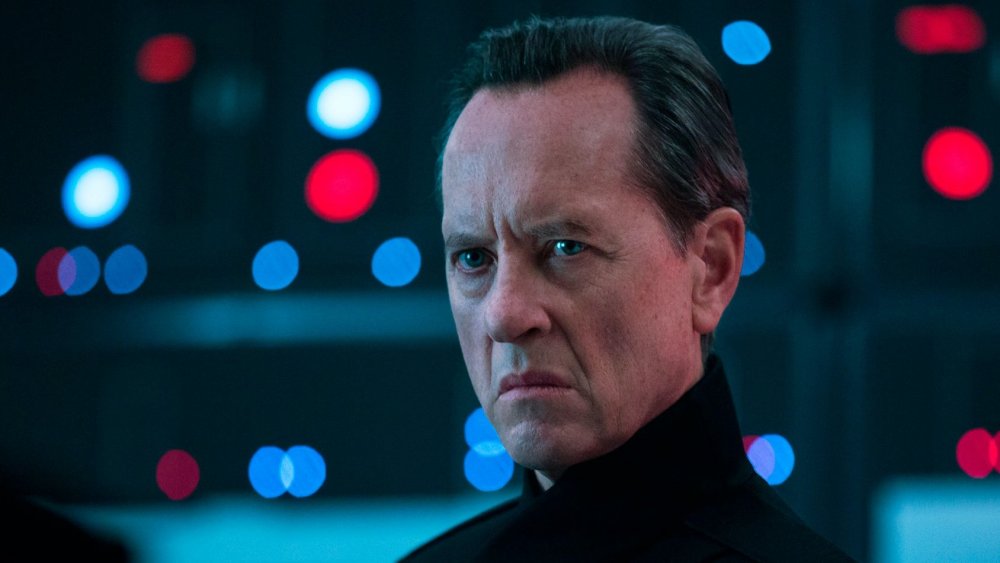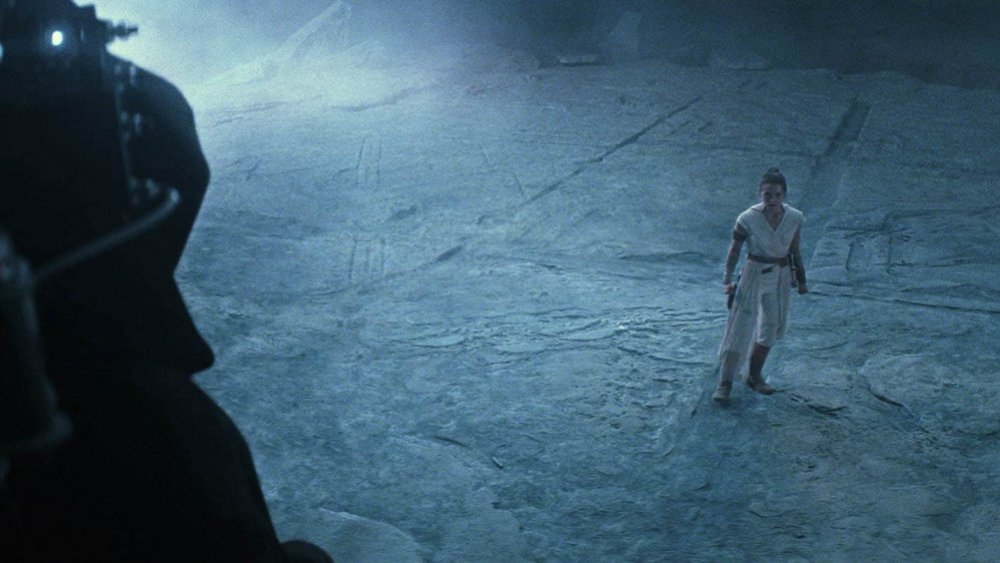Rise Of Skywalker Didn't Provide All The Answers, Here's Why
Contains spoilers for The Rise of Skywalker
Still confused after watching The Rise of Skywalker? There's a reason for that.
According to The Rise of Skywalker co-writer and director J.J. Abrams, some of the more prescient details within the final film of the Skywalker saga were left vague on purpose — in a move that almost certainly left many fans and critics in the dark.
During an interview on Popcorn with Peter Travers, Abrams revealed why The Rise of Skywalker didn't answer every question viewers had: he wanted fans to do some of the work by themselves.
"We knew going in that we had to make this feel conclusive. It had to come to an end," he began. "And yet, there are certain things that I feel... here's the way I feel about Star Wars. It's the reason that I loved the original trilogy so much — and the reason I loved the original trilogy more than the prequel trilogy, for me — which was that the original trilogy posed great questions, and allowed you to infer the answer. It allowed you to do the math on your own."
If Abrams thinks that the original Star Wars trilogy made viewers work hard to answer its questions, what did he think of the prequels? Not much, apparently. In the same interview, he told Travers, "Now, I'm not someone who needs to know about Midi-chlorians. That doesn't feel like it's a thing for me. That's not to say, however, in this movie we didn't adhere to the eight films that preceded us and tell an ending that embraces all of it. I didn't go against that stuff because I didn't like it as much. But my point is that there's something about answers, you need answers, but I don't think demystifying everything is necessarily the key to a successful story."
Questions Rise of Skywalker answered, and what was left unsaid
While Abrams' ambitious addition to the Star Wars film series attempted to tie up a ton of the universe's loose ends, it also left a lot of questions in its wake — ones that may never be addressed in the future.
Despite the fact that the film wrapped plenty of plotlines — iniluding Rey's parentage (rather than being the child of "nobodies," she's actually the granddaughter of the famous Sith Lord, Emperor Palpatine); Kylo Ren's real journey (thanks to an assist from his late father, he turned back to the Jedi Order and became Ben Solo once more); and Palpatine's role in the entire trilogy (he was the one working behind the scenes, not Supreme Leader Snoke) — it still left plenty up in the air. A lot of these lingering questions relate to Palpatine (how did he even have a son (Rey's father), and how did he manage to resurrect himself at all?), but other queries (like how C-3PO even learned Sith and who all of those Sith ghosts in Palpatine's chamber were) will likely never get answered at all.
The Rise of Skywalker has faced a fairly bleak critical mass, with many believing that the entire thing is either fan service or a clumsy attempt to completely erase the events of The Last Jedi. Still, trying to make his film complex and engaging might have been Abrams' most noble goal. Whether or not that goal fully succeeded with critics and fans, however, is yet another unanswered question.

